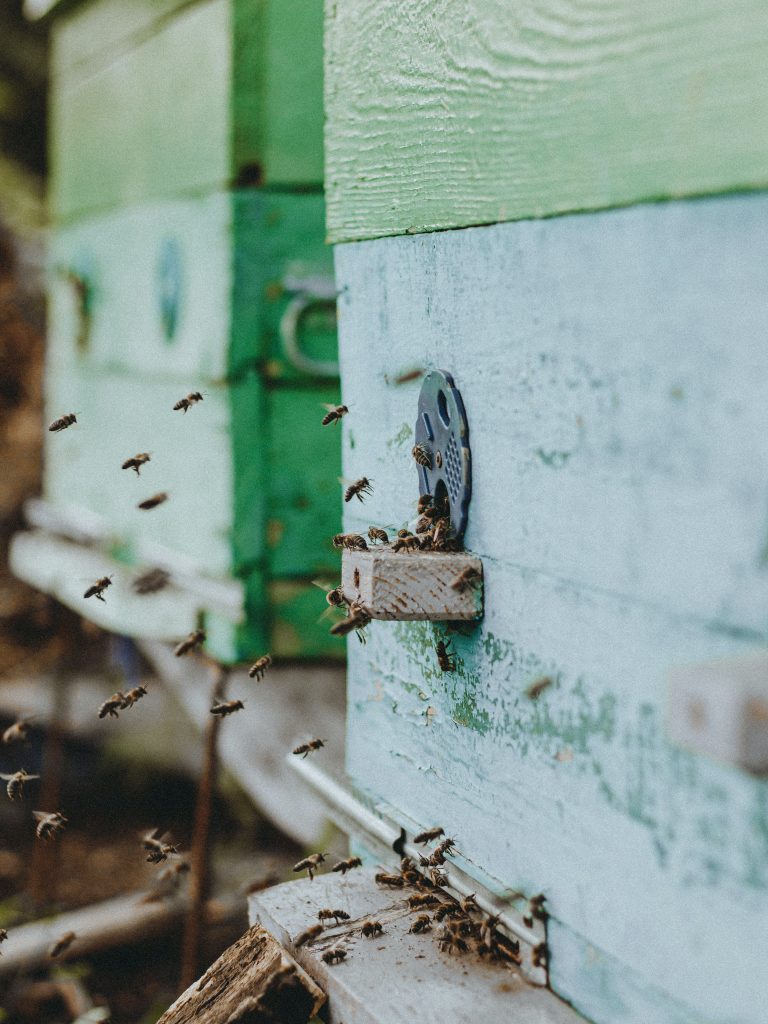The Princesshay City Bee Project in Exeter is an inspiring initiative established to create a healthier and more sustainable environment for the city. Through creating a diverse range of bee habitats, the project aims to encourage pollination and biodiversity, which are essential for the region’s natural ecosystem.
The project is spearheaded by Exeter-based environmental charity Devon Wildlife Trust, working with partners such as local businesses and schools. They have started by introducing wildflower meadows in public spaces like parks and gardens, as well as installing managed hives on local rooftops. This provides valuable habitat for over 100 species of British bee, which are essential for the pollination of many of our crops and wildflowers.
In addition to this, educational initiatives have been created to raise awareness about bees among school children. The project includes an interactive workshop where pupils can learn more about these incredible insects while exploring their natural habitats. They also hold ‘bee walks’ where children can be taken through various landscapes to observe native bees in action while learning how they can help protect them.
As a result of this, it is hoped that through collaborative efforts between business owners, local authorities and the community that Exeter will become a model city for sustainability and environmental protection. The Princesshay City Bee Project is a truly commendable effort that seeks to protect nature while educating people about its importance – it stands as a beacon of positivity amidst a global climate crisis!
Here are our top tips on how to help look after the bee community at home!
1. Set up a bee-friendly habitat: Plant a variety of flowering plants and shrubs to attract bees, provide shelter from the elements and keep them safe from predators.
2. Avoid using pesticides: Pesticides can kill off beneficial insects, including bees. If you need to use them, only do so at times when the bees are not present (at night).
3. Provide water sources: Bees need access to clean water sources like bird baths or shallow dishes filled with pebbles so they can land without sinking in the water while drinking it.
4. Don’t be too disruptive: When working around your garden or yard, avoid wearing bright colors and minimize vibrations from power tools as these may scare away or agitate the local bee population near your home
5. Check for any diseases regularly: It’s important to monitor your bee colonies for any signs of disease such as mites or fungi that could affect their health and productivity; if detected early enough, you might be able to save some of your hive’s occupants by applying appropriate treatments quickly



